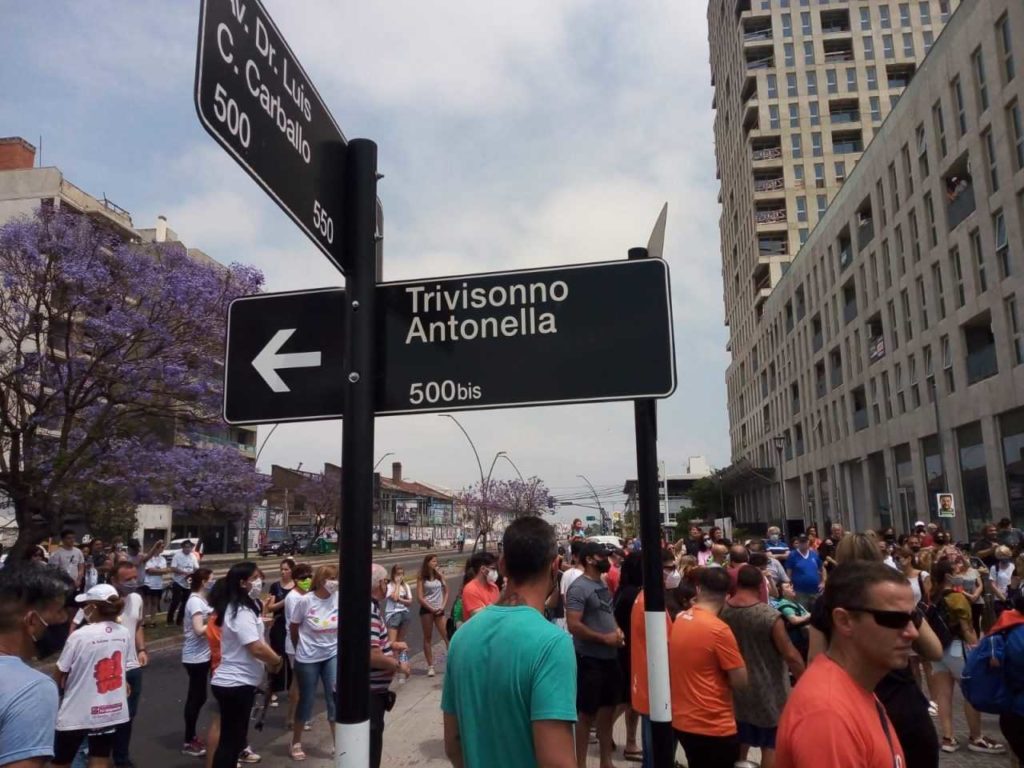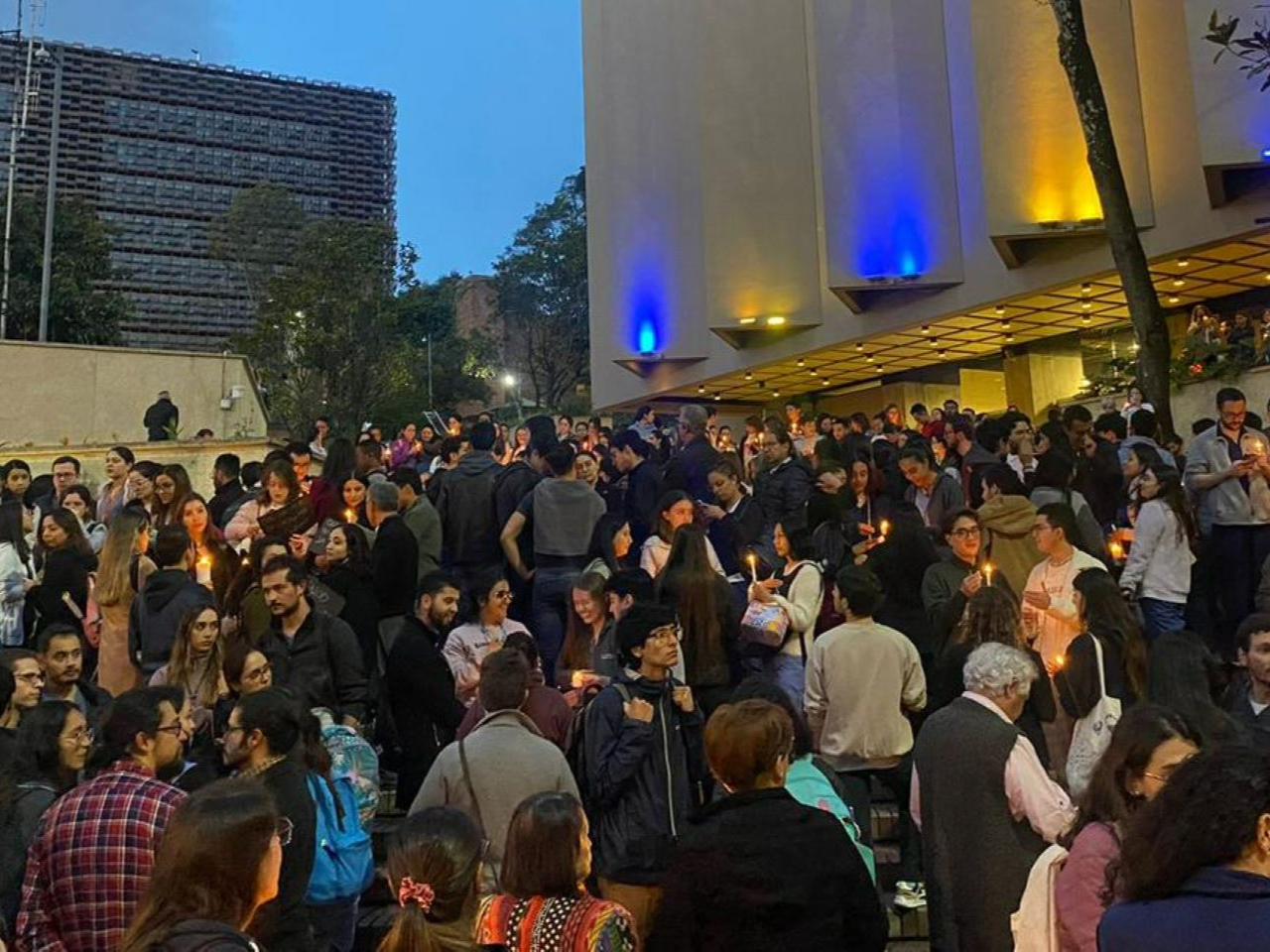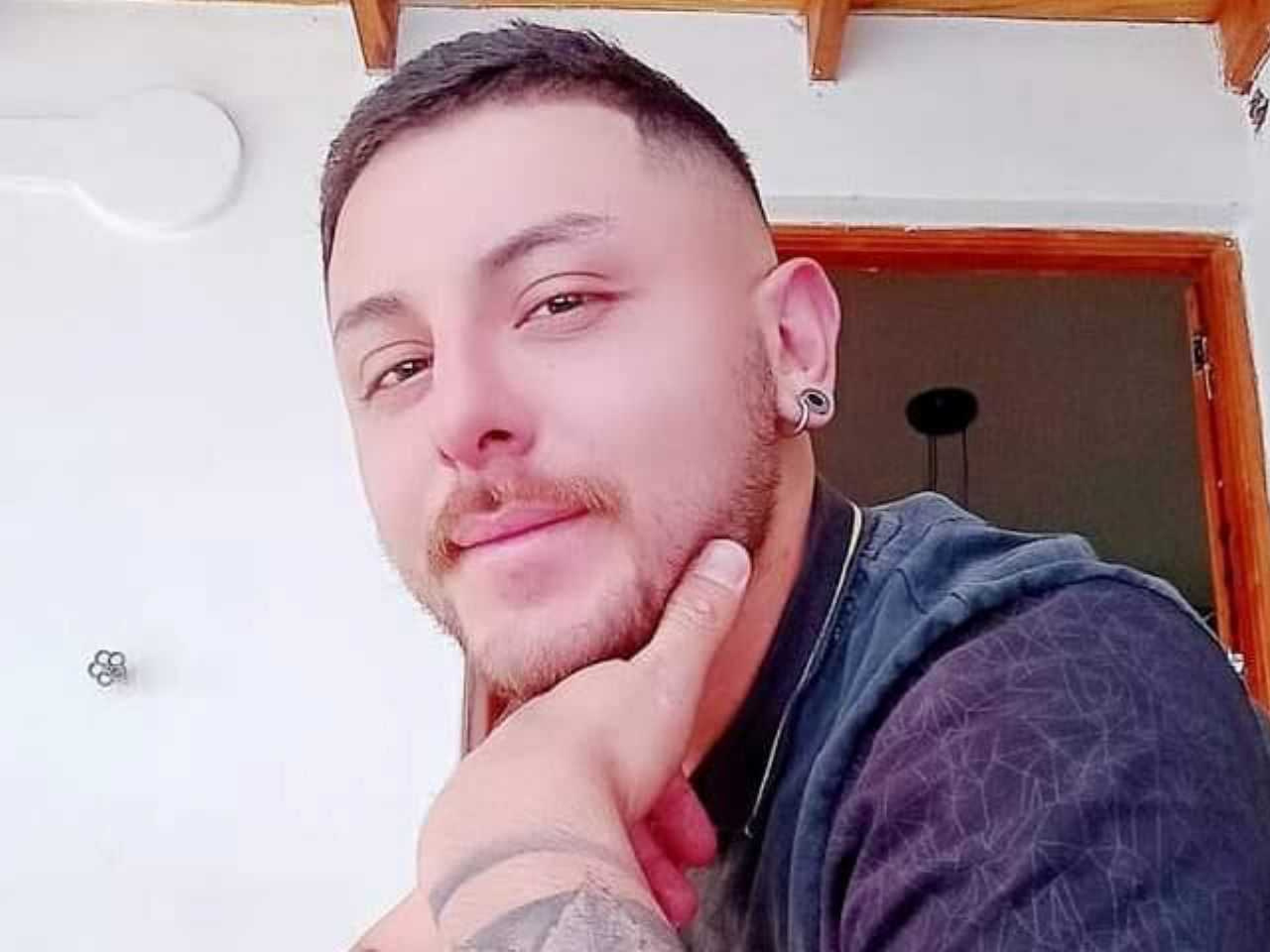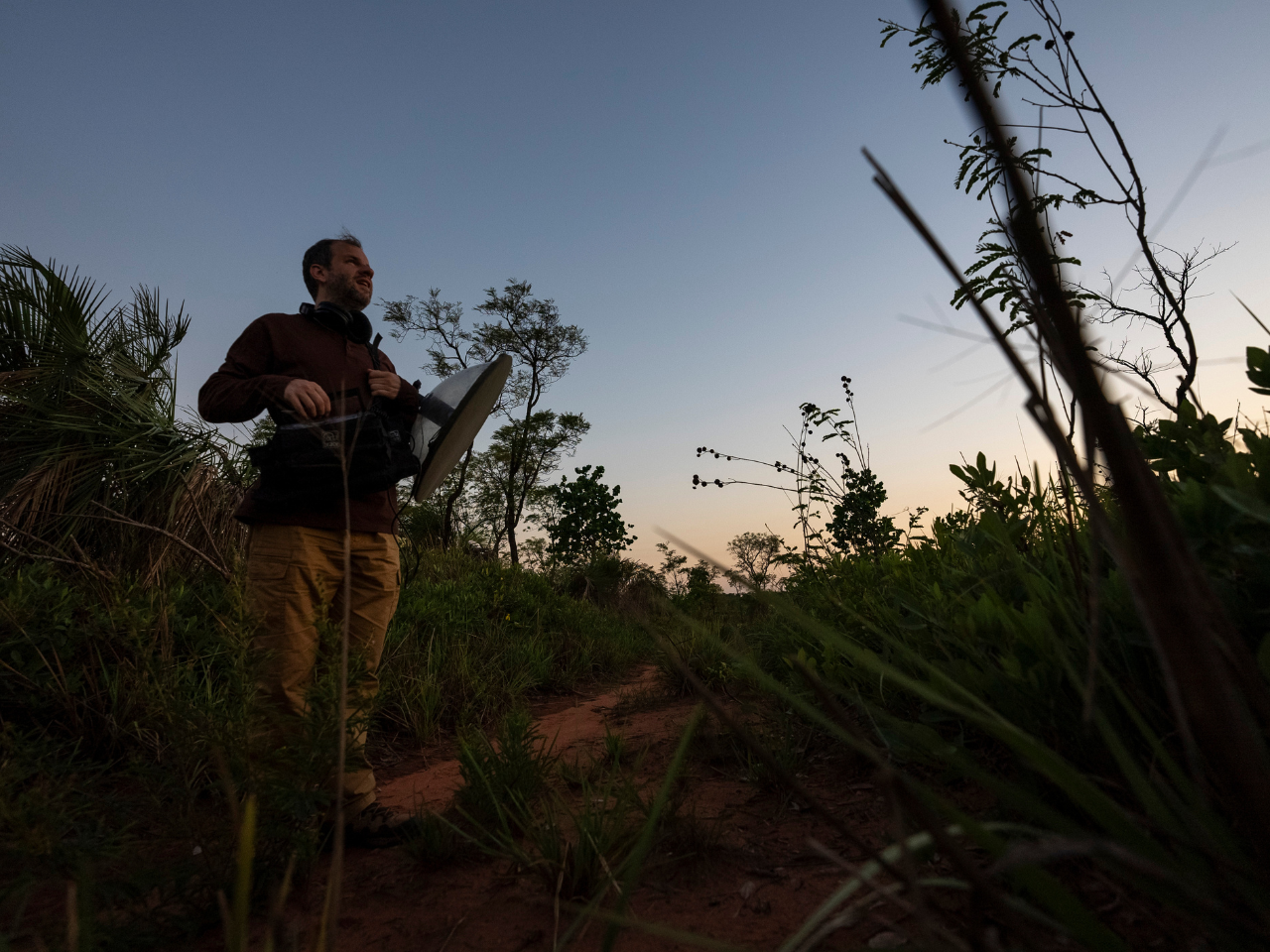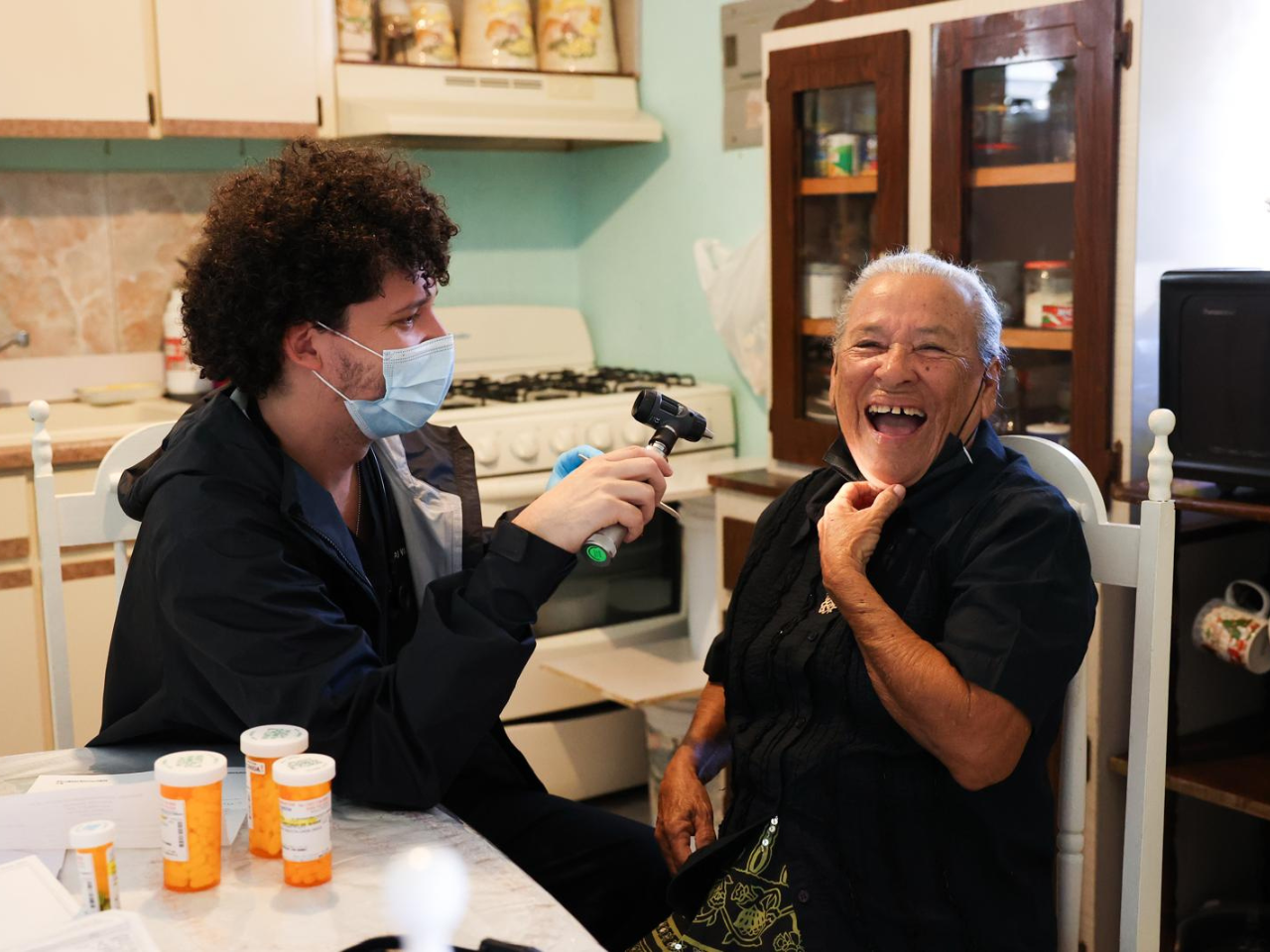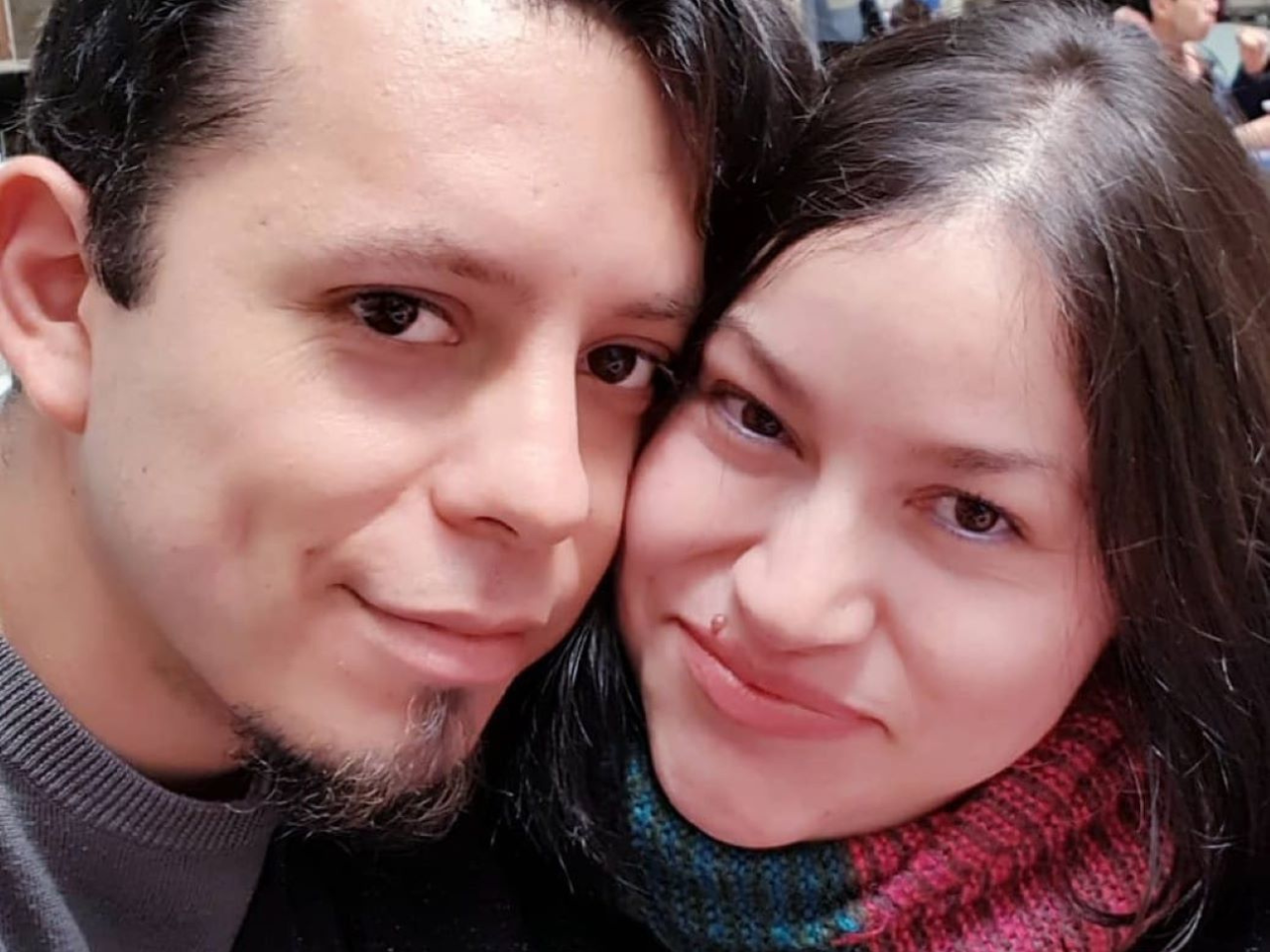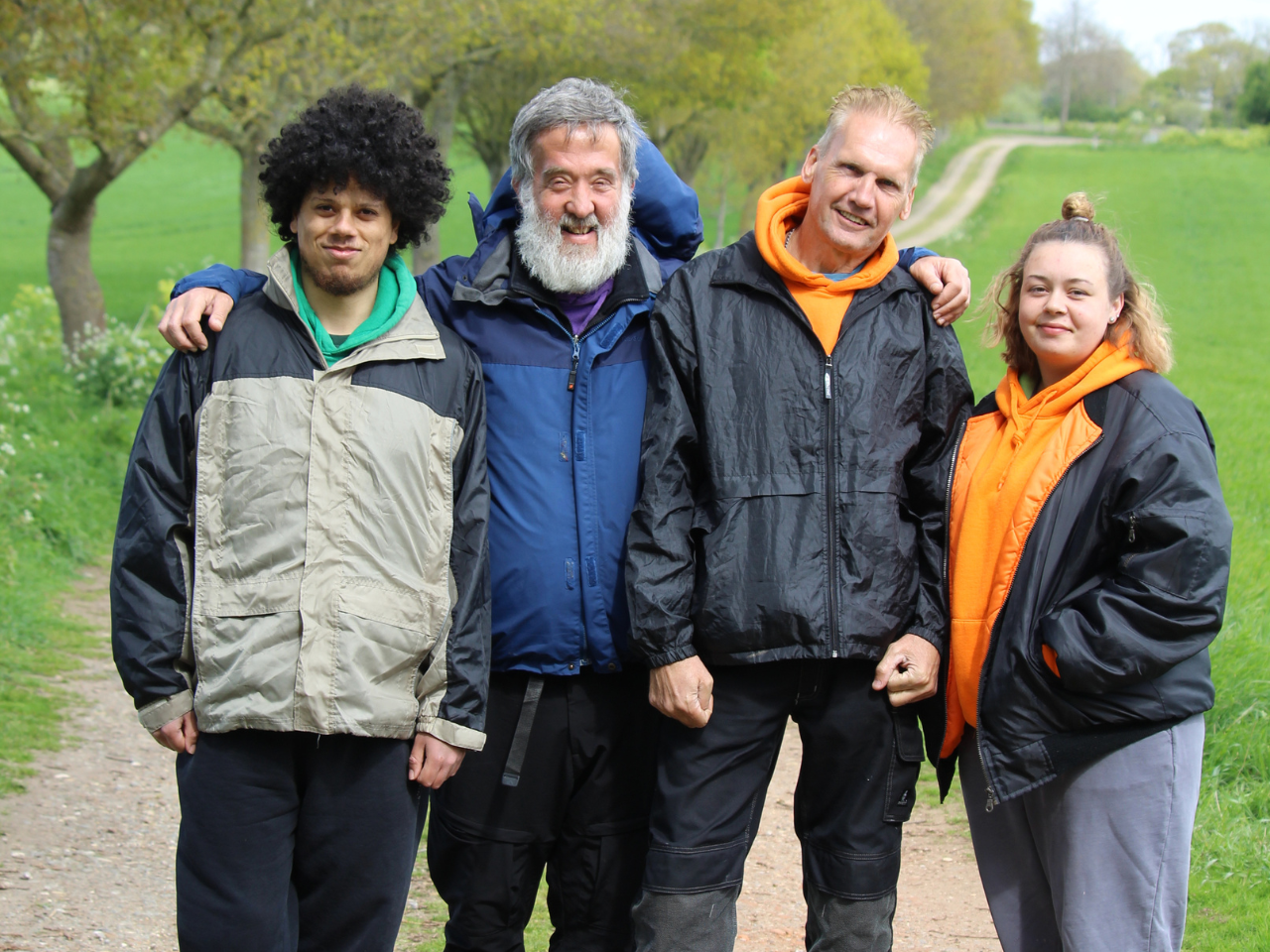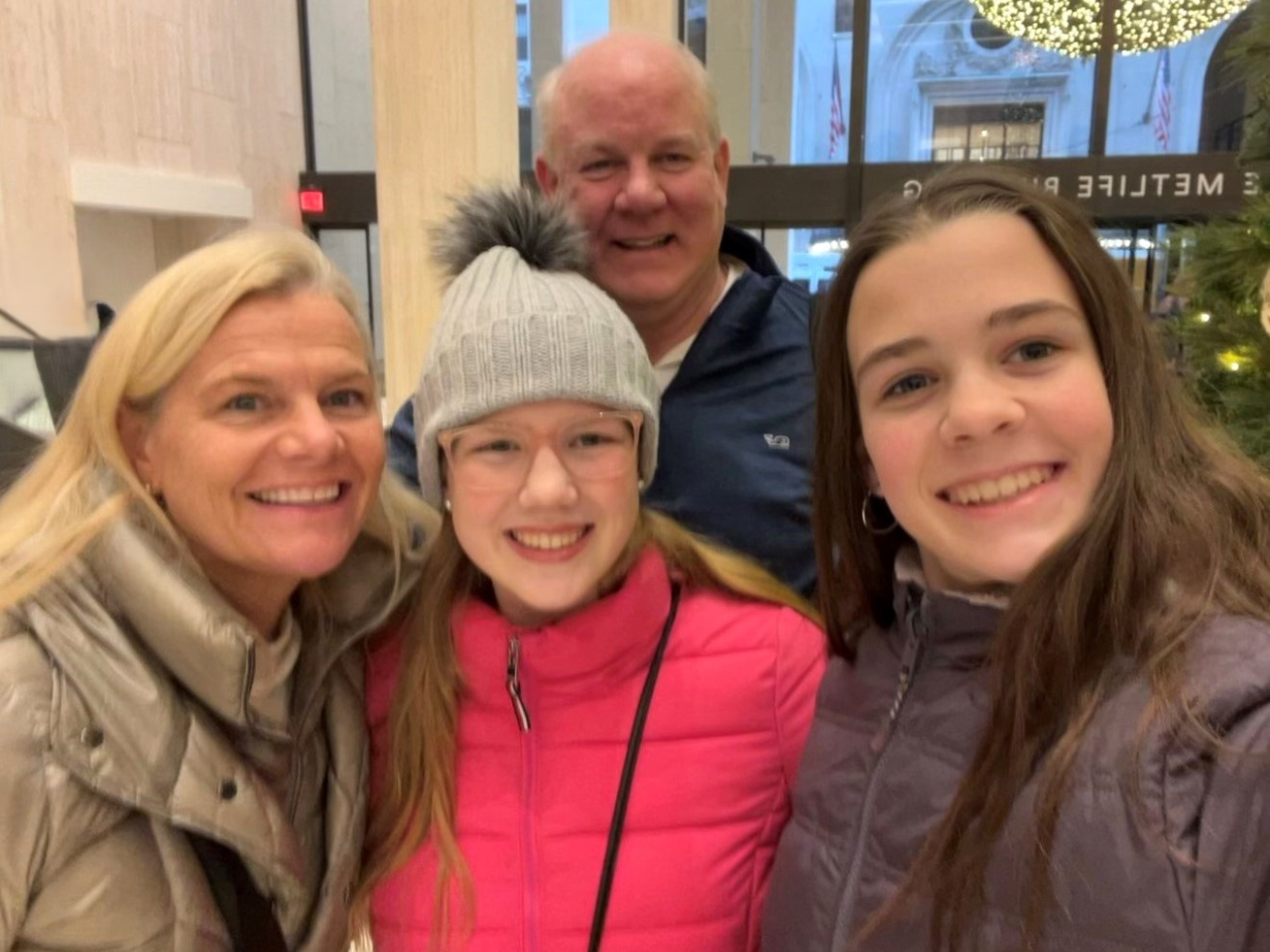After tragic death of her daughter, mother spends two decades inspiring life-saving organ donations
It all began on a cold and wintry Sunday in the empty streets of Rosario at 3:30 p.m. As we drove in the car, my daughter Antonella sat in the back, passenger-side seat next to her brothers. Suddenly, a speeding vehicle slammed into us, causing the car to overturn and land on its side.
- 3 years ago
November 30, 2022
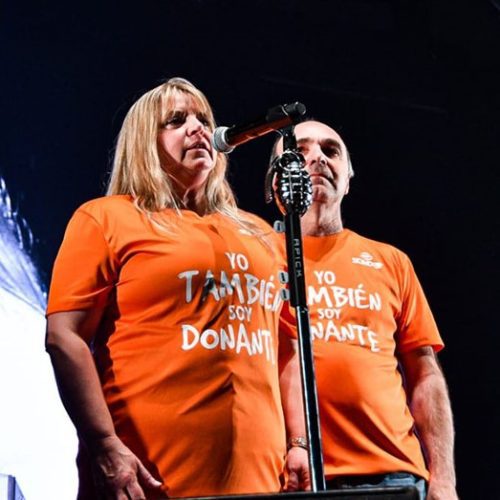
ROSARIO, Argentina ꟷ Our journey as organ donation activists came out of tragedy. For 22 years, we have run organ donation campaigns in Argentina. It all began on a cold and wintry Sunday in the empty streets of Rosario at 3:30 p.m.
As we drove in the car, my daughter Antonella sat in the back, passenger-side seat next to her brothers. Suddenly, a speeding vehicle slammed into us, causing the car to overturn and land on its side. Antonella’s door opened and she flew out, landing underneath the vehicle. I saw a bar nearby where a crowd had gathered at the corner to watch the Argentine soccer team play.
Read more health-related stories from Orato World Media.
I started screaming desperately and they heard me. As people rushed to us, I tried to get out and help Antonella. Outside of the car, I saw half of her body trapped underneath it. I rushed towards her, experiencing great pain myself as I crawled through the destroyed windshield. The seconds flashed rapidly in front of my eyes. I kept screaming and thinking, “Who can help me? Who will make sure she survives?”
Doctors do everything they can, but young Antonella does not make it
After being rushed to the children’s hospital, the doctors worked against the clock. Adrenaline flooded me and I could feel my heart beating. I went to where the doctors worked on Antonella and fearfully positioned myself on one side, on a stretcher far from where they worked. I did not want to interrupt, nor be seen, but I needed to be there.
Second by second, I waited for Antonella to wake up and for the doctors to save her. The guard looked into the room and glanced at me desperately. He asked me to leave, and I flatly refused. Though desperate and caught between tears and the worst kind of fear, I needed to stay.
From my spot on the stretcher, I watched the doctors desperately trying to save my daughter’s life. At just 34 years old, my husband and I had very young children. The doctors themselves looked to be our age. They likely had children Antonella’s age. They raced to keep her alive. With her body intact despite the accident they searched for wounds. She had a huge blow to the head.
As I watched with anguish, crying and hurting physically myself from the accident, I saw every single thing the doctors did to save her. Finally, they came to me and said, “Your daughter is brain dead. Her heart is going to shut down.” My own heart stopped beating for a few seconds while I tried to process their words.
Family launches on a twenty-plus year legacy of inspiring organ donation
In the flurry of the moment, the doctors alerted us to the possibility of donating Antonella’s organs, and we did not hesitate to help another person in need. She taught us through her life to be involved, to help others, and to separate your own wants from another person’s needs. We did just that.
A movie came to mind, which I saw at five or six years old with my grandmother at the cinema. “White Roses for My Black Sister” featured Libertad Lamarque. A rich white girl made friends with a young black girl – the daughter of the maid. They remained friends until the rich girl got sick and they could no longer play together. Then, one day, the daughter of the maid died in an accident, and they donated her heart to her sick friend.
I became paralyzed thinking about it. I wanted Antonella’s heart to save someone’s life. For two decades since then, we have made sure that people in need receive donations by sharing our story throughout our city, our province, and our country.

